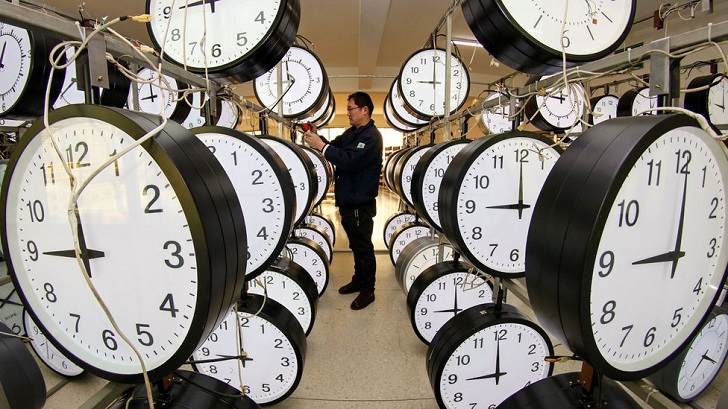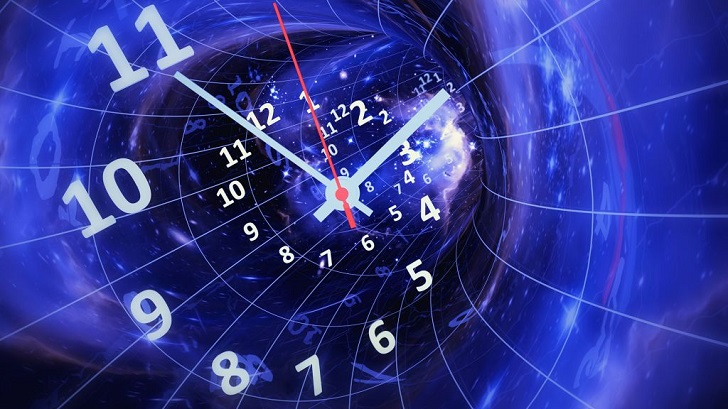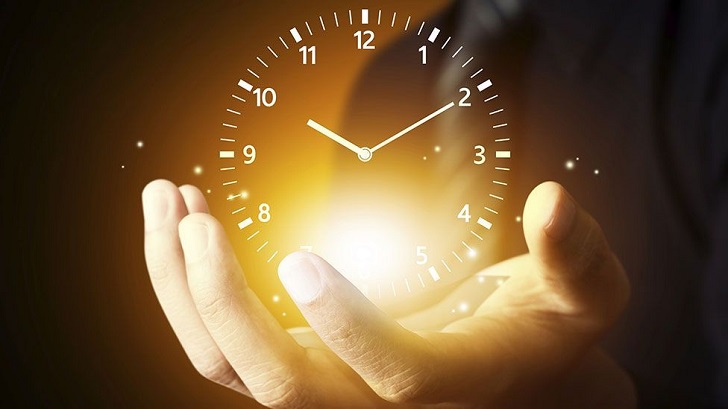Time is a fundamental concept that has fascinated philosophers, scientists, and people throughout history. From measuring the passage of days and seasons to exploring the nature of time, humans have been fascinated by this elusive and mysterious concept.
Time is relative
One of the most significant discoveries in physics is that time is relative. This means that time can vary depending on your perspective and how you are moving. The theory of relativity, first introduced by Albert Einstein, showed that time is not a fixed quantity but can change based on the observer’s position and motion.

Time is not constant.
Contrary to popular belief, time is not constant. The passage of time can vary depending on the factors such as gravity and motion. This phenomenon, known as time dilation, has been proven by experiments involving high-speed travel and atomic clocks.
Time is a dimension
Time is often considered the fourth dimension, along with the three dimensions of space. This concept is known as spacetime and is a fundamental concept in the theory of relativity. It suggests that time is not separate from space but is an integral part of it.
Time travel is theoretically possible.
While time travel is often considered a science-fiction concept, it is theoretically possible according to the laws of physics. The theory of relativity suggests that time travel could be achieved by traveling at speeds close to the speed of light or through a wormhole, a hypothetical tunnel that connects two distant points in space and time.

Time is asymmetrical
Time is considered asymmetrical, meaning it has a direction or orientation. This concept is the arrow of time and suggests that time moves from the past to the future. While this directionality is often taken for granted, it is unclear why time moves in this direction.
Time is measured differently around the world.
While the concept of time is universal, how we measure time can vary worldwide. Different cultures have different ways of measuring time, such as the 12-hour clock versus the 24-hour clock or the use of daylight saving time.
Additionally, different calendars are used around the world, such as the Gregorian calendar, the Islamic calendar, and the Chinese calendar.
Time affects aging
Time plays a significant role in the aging process. Our bodies undergo physiological changes as we age and our cells degrade. This process is known as senescence and is affected by genetics, lifestyle, and environmental factors.

Time is linked to memory.
Time is closely linked to memory, as our memories are organized and stored according to the time and context in which they occurred. Studies have shown that our ability to remember events is influenced by our perception of time, with events that seem to last longer being more memorable.
Time perception varies
Time perception can vary depending on the individual and their state of mind. Age, attention, and emotion can affect our perception of time, with time seeming to pass more quickly during periods of high emotional arousal.
Time affects the universe.
Time plays a crucial role in the evolution and fate of the universe. The Big Bang, the event that gave rise to the universe, occurred approximately 13.8 billion years ago, and since then, the universe has been expanding and changing. Scientists believe the universe will continue to expand until it reaches a state of maximum entropy, a state of complete disorder and randomness.




